“Commonwealth Foundation Should Focus on Putting the Youths in Professional and Enterprise Leadership Positions,” Says Alexander Opicho
The Commonwealth Foundation is the Commonwealth’s agency for civil society. They support people’s participation in democracy and development. In this article, Alexander Opicho, intends to suggest more the foundation can do, for the betterment of all.
The London based Commonwealth Foundation has enticing leadership programs.
This year, the Foundation held a critical conversation on how the Commonwealth Foundation can empower youths in Commonwealth countries, so that these youths can:
- hold positions of political leadership,
- earn corporate headship
- and attain professional prosperity.
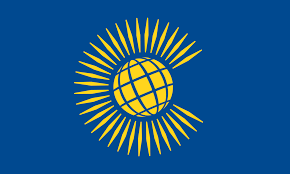
The Commonwealth Foundation Conference
The conference is set to take place through virtual platforms from during the first two weeks of December 2020 .These arrangements are usually done through the sub-departments like the Queen’s foundation on youths & leadership, and the Commonwealth Foundation Youth Council.
For this year, the foundation invites online participation from all the youths in the Commonwealth countries.
Thus, the writer of this article is among the invited participants hence these arguments trumpeting for the long overdue Commonwealth political commitment to support youths in professional and corporate headship through enterprise formation and oversight.
What is Commonwealth Foundation?
Before I make my suggestions on what is to be done, let me first explain to my young readers what the Commonwealth is and what its social connotations and are:
The Commonwealth refers to all the countries that are former colonies of Britain.
These countries use English as an official language. Kenya is one of them. Some other Countries are in Asia and in Caribbean Islands. The current demographic survey by the same Commonwealth Foundation has revealed that there are 2.4 billion people in the Commonwealth countries.
The statistics also show that 70% of the Commonwealth population are the youths, substantially educated and unemployed.
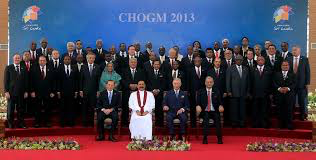
Technically, this means that the Commonwealth has the best human resource potential for entrepreneurs, if not the reverse will be the best potential for massive poverty.
Coincidentally, the Commonwealth Foundation is carrying this critical conversations with its members when Britain is on the Brexit path, a moment which nudges conscious minds to be wary of quality of honesty that is guiding the entire process of institutionalizing the Commonwealth political relationships.
This is a fact to guide all the peripheral players participating in the formation of the Commonwealth political and economic institutions.
A fact which gathers gravitas from Samir Amin’s postulations that ‘historical experience of slavery, colonialism and neocolonialism blended to form injurious affections on the texture of self-esteem among entrepreneurs and corporate headships in the Post colonies,’. The same experience informs present and future social decisions both for the former colonized and the former colonizer.
Suggestions for the Commonwealth Foundation
Having reckoned with that, it is also imperative to realize that if at all these critical conversations are genuine, honest and driven by a win-win spirit then some basic Commonwealth institutions like the English Monarchy have to be liberalized towards racial inclusivity and tolerance to human diversity.
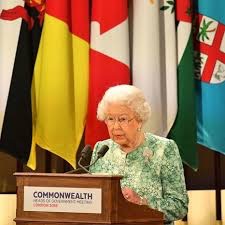
This position is eked on the fact that the Monarchy of England is founded on the strong economic substructure which got its strength from material and labour resources looted from India and Africa during the colonial times.
Thus, it is logical in the present times for the Commonwealth Institutions to move away from the outdated culture of preserving the Monarchy of England for the English royal blood. Economic history of the Commonwealth and the English Monarchy justifies an Indian as well as an African to serve as a King or Queen of England . All these have both implicit and explicit leadership and entrepreneurial implications on the youths and the institutions within the Commonwealth.
Commomwealth as a weapon for youth empowerment
The above has been just the preamble, but coming to the gist of the matter ; – about what is to be done so that the Commonwealth Foundation can enable the youths in the Commonwealth countries to achieve progress and then developed status in business and leadership is a social process whose dynamics are contingent to the specific region in the Commonwealth. However, arguments by Bjorn Lomborg in the book, ‘How to Spend 50 Billion Dollars on Solving World Problems,’ are worth our while in this juncture.
And it is evidently true, Youths of India and Africa can not prosper in business and professional adventures unless these two regions have control on the matters identified in this book.
The facts are that putting the Commonwealth youths in the better economic and social positions through educational and some entrepreneurial adventure can only be possible if the Commonwealth countries have internal capacity to manage climate change, capacity to control domestic health care , have capacity to manage spread of communicable diseases, have capacity to manage food and nutritional intake, have the capacity to provide good quality education to their youths, have capacity to provide good governance at corporate and political levels , have internal capacity to manage armed conflicts, have internal capacity to give clean water to the local populations , have internal capacity to manage stable financial systems geared towards local borrowers, have internal capacity to add value to what they produce to export, have capacity to manage local agricultural systems and also have the internal capacity to execute South-south dialogic communications among themselves on various economic and cultural subjects without suffering interruptive policing of the mind from the former colonial masters.
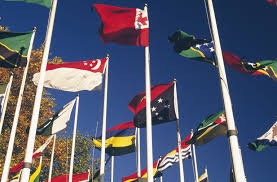
Further suggestions
These are also the same issues raised by Ali A. Mazrui in his book ‘the African Conditions’. These ideas look so radical but they are the basic minimums upon which the Commonwealth countries can stand on to achieve their capacity to create wealth internally through net profits.
Western policy intervention has never been productive for Africa and other subaltern Commonwealth countries. Like the structural adjustment programs of the last century were nothing else other overt intellectual malice aimed at fatal poisoning of African enterprise. This is also the same case when it comes to social front.
In most cases, some Western policy makers give priority to cosmetic matters like gender and sexuality when discussing social challenges to development through businesses in Africa, but this has never been an issue.Africa’s philosophy about a family as an economic unit is clear that both monogamous and polygamous families can work well with the labour intensive production environment in Africa.
This is more logical compared to the Anglo-American pressure on Africa to discard polygamy and accept self – defeating family models like voluntary or non biologically founded but commercially instigated homosexuality.
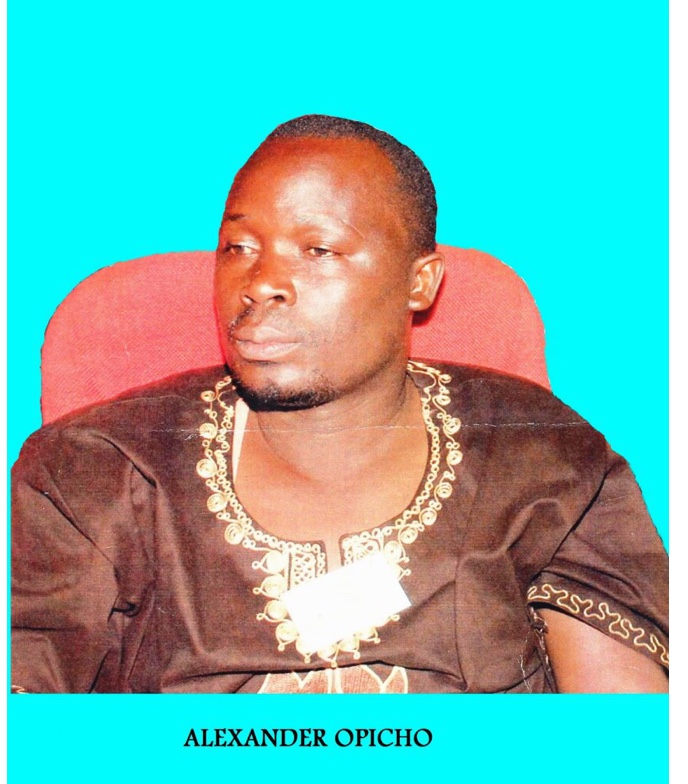
Alexander Opicho
(From Lodwar, Kenya)
Mail-opichoalexander@gmail.com




